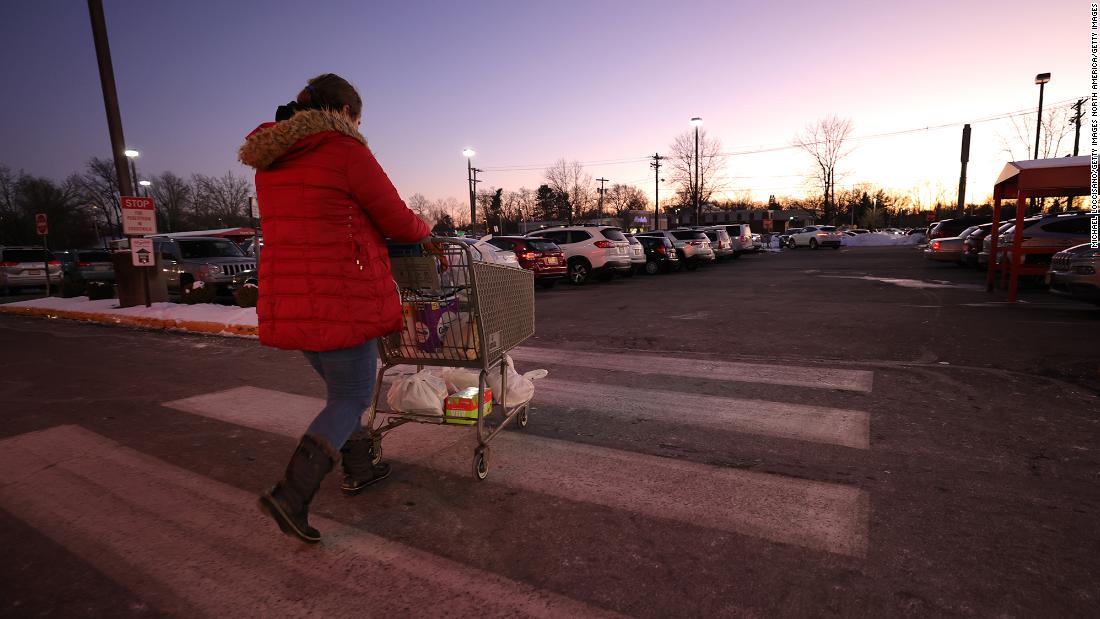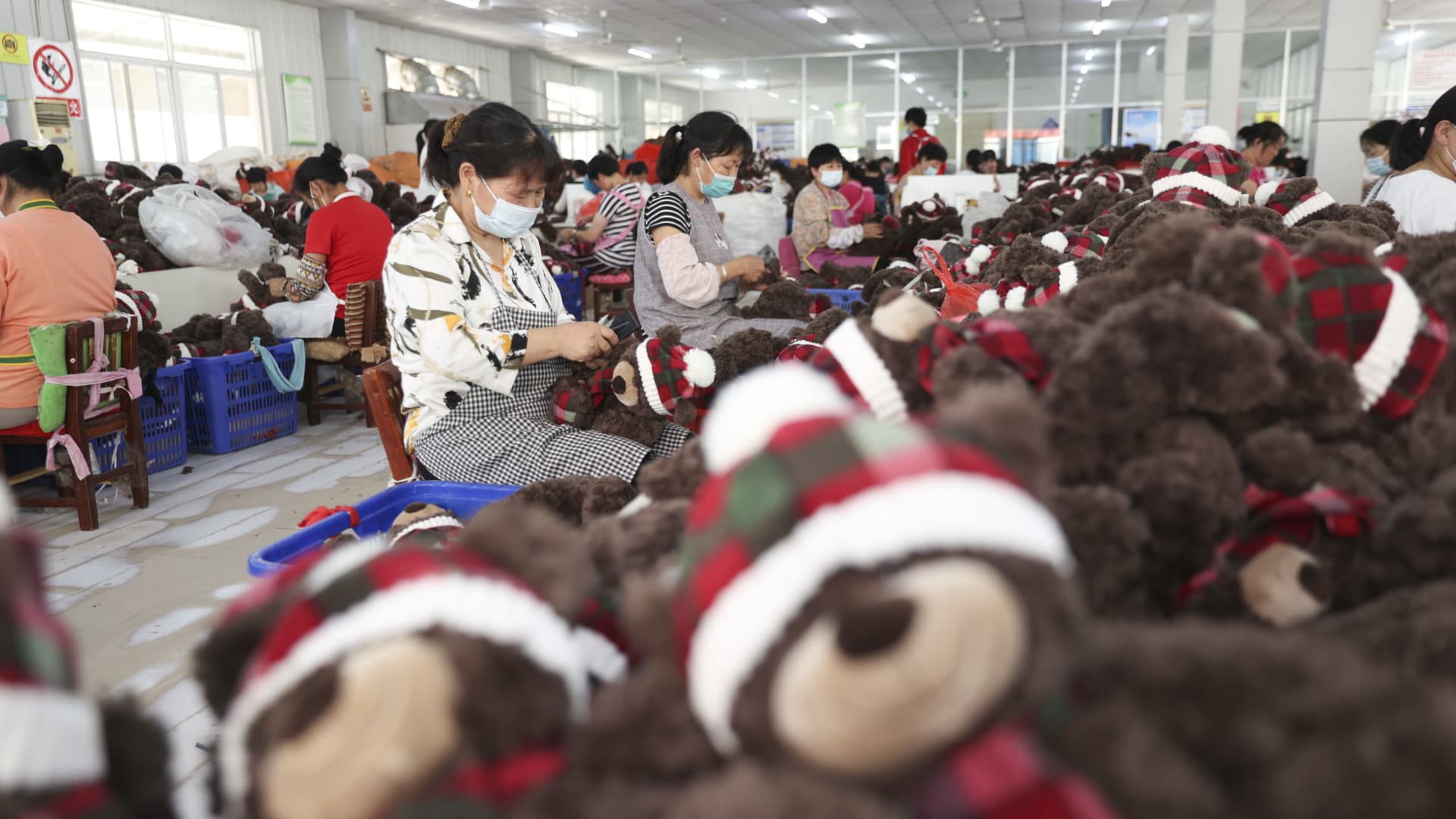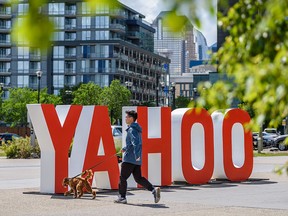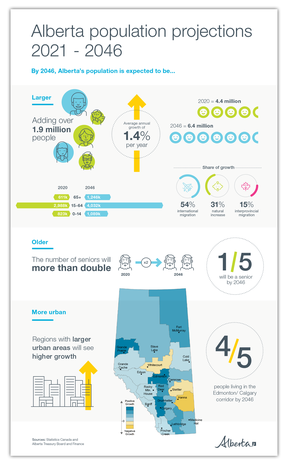(Bloomberg) -- Britain under Prime Minister Boris Johnson is running into the biggest headwinds it’s faced since the 1970s, heaping pain on an economy still reeling from Brexit and the pandemic.
After suffering from unprecedented shocks in recent years, the nation is succumbing to more intractable problems marked by plodding growth, surging inflation and a series of damaging strikes.
The result is a plunge in consumer confidence that analysts warn may lead to a recession. Railway workers walked off the job in anger that their living standards are slipping, and teachers, doctors and barristers may be next.
The malaise is a far cry from the boom and “cool Britannia” reputation that Tony Blair’s government enjoyed through the early part of this century.
The headline figures make grim reading. The economy is on track to shrink in the second quarter, raising the possibility that the UK is already in a recession. Even when the outlook appeared brighter, officials estimated that growth would settle at a below-par 1.8% a year, with no end in sight to the feeble productivity that has blighted the country for over a decade.
While growth is on track to lag most major economies next year, inflation is also on the rise. Consumer prices surged by 9.1% in the year through May, the most for 40 years.
The Bank of England expects inflation to accelerate again when energy bills are allowed to rise in the autumn, reaching more than 11%.
It’s a blow for the UK, which led the world in growth after the pandemic, and recalls the dark days of the 1960s and 1970s when commentators and politicians identified Britain as the “sick man of Europe” because of its performance.
Those figures overshadow deeper structural problems hobbling the UK. Chief among them is productivity growth, which slowed to a crawl after the financial crisis in 2008 and 2009. Only Italy put in a worse performance.
How much a worker can produce is important because it drives the long-term potential of the economy. Low productivity limits the pace at which output can grow and depresses wage packets. Real wages took years to recover to their 2007 levels after the financial crash.
An hour of work in the UK generates around $60, according to the OECD. The figure is over $70 in the US and about $67 in France and Germany. Economists and policy makers debate the causes of the malaise but say that fixing it is crucial if Britain is to get out of the slow lane.
The gaps in performance within the UK are equally stark, with London consistently outpeforming other regions, in part due to the concentration of financial services in the capital city. Johnson came to to power in 2019 on a pledge to “level up” poorer parts of the country, but there are few signs that the policy is working.
One explanation for the productivity gap is a lack of investment. British companies spend less on things like plant, machinery and technology than those in most other major economies.
Chancellor of the Exchequer Rishi Sunak says the tax system is one of the problems and is working on a way to improve allowances companies can claim for making investments.
Brexit uncertainty also seems to have unsettled executives, with investment flat-lining since the 2016 public vote to leave the European Union. Had they continued to spend as they did before the referendum, investment would be around 60% higher today.
Life outside the EU has also had an impact on trade as importers and exporters contend with higher trade barriers. Despite a sharp fall in the pound since the vote, there is little evidence to suggest the external sector has benefited from increased competitiveness.
Analysis by Bloomberg Economics shows the UK lagged behind the trade performance of other big nations before the pandemic, and has failed to fully share in the global trade rebound since then.
What Bloomberg Economics Says:
“It’s been six years since the UK voted to leave the European Union and more than one since it established a new relationship with its main trading partner. From a 16% devaluation of the pound to an eye-watering slide in trade and investment, Brexit’s impact is plain to see. The data have only reinforced our view that life outside of the EU would leave the UK worse off.”
--Ana Luis Andrade, Bloomberg Economics. Click for the INSIGHT.
The housing market is another constraint. Prices have risen almost without break since 1995, straining affordabilty for first-time buyers. Properties are in short supply in places like London that’s long been the engine driving the national economy.
The expense and difficulty of moving limit labor mobility, depriving companies and public services of key workers, and leave consumers channeling more wealth into the property market than their peers abroad.
Housing is the most visible drain on consumers, but wages are lagging too. Real wages adjusted for inflation are now falling at the fastest pace in 20 years. In 2019, wages in the UK trailed far behind those in the US and Canada.
Workers are rebelling, with rail unions embroiled in the biggest work stoppage since 1989 and teachers, doctors and barristers are threatening to walk off the job.
The strife recalls the 1970s, when Harold Wilson’s Labour government put industry on a three-day week because of an energy crisis and strikes by coal miners.
©2022 Bloomberg L.P.
Adblock test (Why?)
Britain's Battered Economy Is Sliding Toward a Breaking Point - BNN
Read More




















/cloudfront-us-east-2.images.arcpublishing.com/reuters/3E577QGO7BOJNNHWNNWHVUR2RY.jpg)